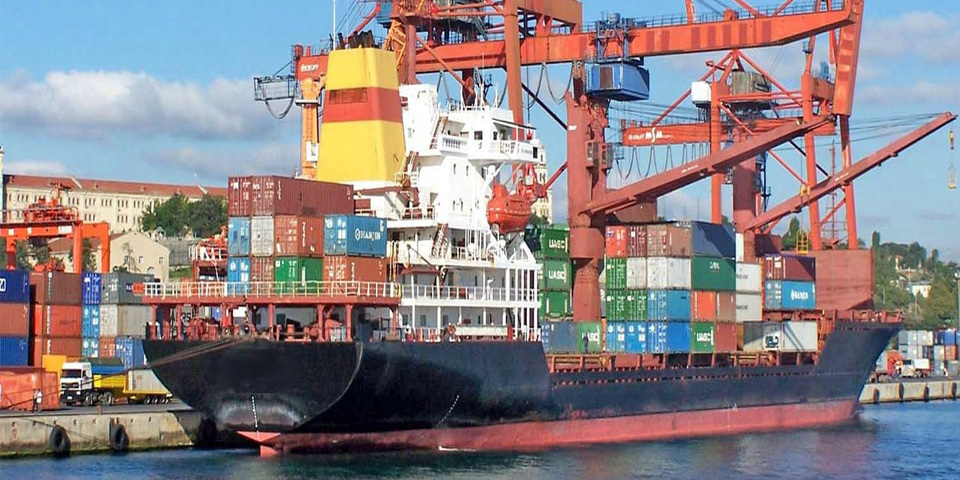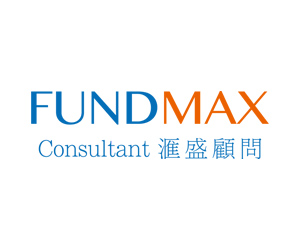Want to be in the loop?
subscribe to
our notification
Business News
OPTIMIZING LEGAL AND REGULATORY FRAMEWORKS FOR EFFICIENT PUBLIC INVESTMENT DISBURSEMENT
Public investment serves as an important engine for economic growth, yet the realization of plans is essential for this engine to fully harness its potential.
According to the Ministry of Planning and Investment, a 1% increase in public investment raises GDP by 0.058%, and each VND1 disbursed stimulates an extra VND1.61 from the non-state sector. However, plan implementation often falls short at around 80% annually, despite government efforts.
According to the Asian Development Bank (ADB), currently, approved projects with allocated budgets are sometimes not ready for implementation, causing long delays. Therefore, a systematic approach is needed to improve project readiness that can significantly increase implementation efficiency. Many projects require basic preparatory activities, such as feasibility studies, site clearance arrangements and procurement preparation in parallel with project approval procedures. Projects with high readiness to accelerate implementation will help minimize capital overruns.
Besides, projects sometimes need design or budget changes even after approval and budget allocation. This may cause prolonged disruption before project activities can begin. A major obstacle to the timely and quality preparation of projects is the complexity of regulations, especially land use planning, land acquisition and site clearance. This rigidity is an important challenge in volatile market situations. Rising prices due to lack of raw materials and production inputs – which occur due to legal restrictions – lead to higher costs, forcing contract renegotiations or requiring additional funding and additional approvals. Therefore, according to ADB, there is a need to amend the regulations to allow for principles-based and fit-for-purpose flexibility, as part of improving project cycle procedures.
Notably, poor coordination between public investment and the budget process leading to slow and insufficient budget allocation is still occurring. In recent years, reports have shown that central agencies received higher allocations than recommended, while provinces received too little compared to their needs. The urgent challenge of discrepancies between allocated budgets and investment mandates often leads to budget shortfalls and project implementation delays budgets may not be optimally allocated to the identified priority areas, leading to not making the most effective use of resources. This limits project progress and capital use efficiency.
The Government has applied measures to improve transparency, efficiency and accountability in budget allocation and disbursement. This promotes better coordination between central and local governments, prioritizing projects based on impact and readiness, and implementing rigorous monitoring mechanisms to ensure utilization of capital with high performance. However, the effectiveness of these measures appears to be limited. The disparity between implementation capacity at different levels of government highlights the need to strengthen capital allocation processes and build local government capacity. The ongoing decentralization of public investment and fiscal responsibilities has exposed weaknesses in addressing inter-provincial or inter-regional challenges. According to ADB experts, the budget process should be flexibly adjusted, and it will be more effective at any level (central or provincial) to contribute resources to a regionally coordinated project.
In 2024, public investment will continue to play an important role in supporting the economy. After the National Assembly approved the budget, the Prime Minister approved a plan to allocate VND688.5 trillion to continue building infrastructure and promote economic development. The government has implemented various policy measures to accelerate disbursement of public investment and improve implementation efficiency. These measures include a series of resolutions and directives focusing on different aspects of public investment disbursement. However, to maintain progress, ADB believes that more systematic measures are needed to improve legal and regulatory processes for successful implementation. By proactively overcoming these obstacles in a comprehensive manner throughout the project cycle, Vietnam can maximize the potential of public investment initiatives, promoting economic growth and sustainable development.
Source: VCCI
Related News

CAR IMPORTS INCREASE 37.5 PER CENT IN 10 MONTHS
Việt Nam mainly imported cars from Indonesia, with 57,963 units imported so far this year (19,569 units higher than over the same period last year). Imports also came from Thailand, with 54,481 units (7,535 units higher than last year) and China, with 24,613 units (16,112 more than last year).

HAIPHONG TARGETS US$4 BILLION IN FDI FOR 2024
Haiphong recently approved 12 new projects in its economic and industrial zones, valued at a combined US$1.8 billion. This brings the total FDI in these zones to US$3.5 billion as of November, surpassing the city’s annual target by 40%.

FOREIGN INVESTORS FLOCKING TO SOUTHERN REGION
Foreign investors are actively calling on southern localities in the final months of 2024 to explore investment opportunities. On November 7, over 40 German businesses arrived in the southern province of Dong Nai to evaluate investment prospects in the area.

IMPROVING THE EFFECTIVENESS OF SOCIAL POLICY CREDIT
Following a decade of implementation, social policy credit is expected to enter a new phase of development to achieve higher efficiency for the sake of society and the community. On behalf of the Party Central Secretariat, on October 30, Standing Member of the Party Secretariat Tran Cam Tu signed a directive to improve the efficiency of social policy credit.

VIETNAMESE ENTERPRISES GRAPPLE WITH CHALLENGES IN Q3
In many sectors, businesses acknowledged that simply breaking even was an accomplishment this year. A prominent example is Nam Sông Hậu Trading Investment Petroleum JSC, once a leading fuel distributor in the Mekong Delta.

GLOBAL SOURCING FAIR VIETNAM 2025
Global Sourcing Fair Vietnam 2025, held from 24-26 April at the Saigon Exhibition & Convention Center (SECC), Ho Chi Minh City, is the must-attend international expo for sourcing Fashion & Accessories and Home & Gifts

































